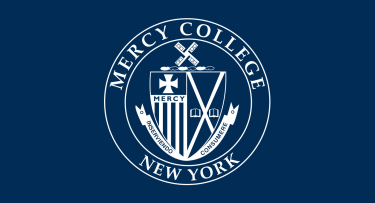
“Drama improves academic performance.”
This claim by the American Alliance for Theatre and Education, while surprising, is borne out by numerous studies that show a correlation between drama involvement and academic achievement in K-12 schools. Test scores, reading comprehension, even attendance show improvement in schools that encourage students to engage in the arts.
To that end, it was a rapt audience that listened to Wendy Mages, Ed.D., associate professor of childhood education as she presented her research findings about the effect of arts education on preschoolers at the ninth International Drama in Education Research Institute (IDIERI) conference held in Auckland, New Zealand, from July 2-9.
Mages’s presentation, “Theatre-in-Education, Language, and Perspective Taking in Early Childhood Education,” described her study of 155 preschool children enrolled in a theater-in-education program aimed at advancing language, imagination and literacy skills.
“Arts education in the schools has been on the decline in recent years,” said Mages. “Sadly, this decline has disproportionally affected children in low-income neighborhoods, who often have less access to extracurricular arts education programming.”
Mages, who specializes in researching ways that drama and theater promote language, cognitive and social development, was invited to present at IDIERI, which convenes once every three years. Attended by theater and drama researchers, educators and artists from around the world, the conference affords opportunities to engage with current research on the use of drama and theater in a variety of educational contexts.
“As an educator of future teachers, I draw on my research and that of other scholars to highlight the importance of developing innovative and effective ways to include the arts in school curricula,” said Mages. “If teachers understand the importance of the arts, and look for more ways to increase the use of the arts in their classrooms, this may begin to improve the state of the arts in the schools.”
